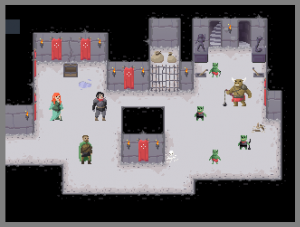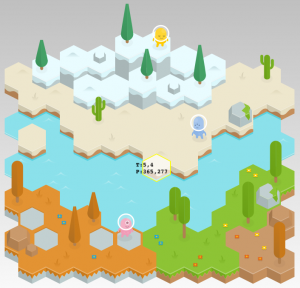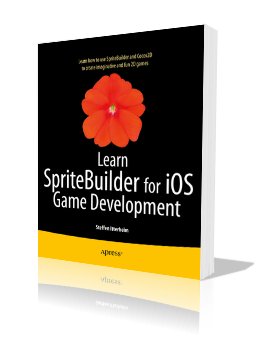Newsflash: Zyngapocalypse Now
 The Zyngapocalypse Now article by Tadhg Kelly is well worth a read. In particular because it goes far beyond the usual Zynga-bashing.
The Zyngapocalypse Now article by Tadhg Kelly is well worth a read. In particular because it goes far beyond the usual Zynga-bashing.
Tadhg gives an explanation why Zynga is on the decline, and with it many other social game developers. What went wrong? The realization being that the social games are, essentially, dumb and repetitive and clones of one another. Social gamers are beginning to realize that and are turning away from those games because the novelty factor wore off.
In a way it’s a confirmation what many of my game developer friends were saying from the beginning: “Those games are boring/dumb/repetitive, how can anyone enjoy them?”
Back at the time, maybe some 5 years ago give or take, the exploding growth in the social games sector left us game developers in a state of sad surprise. We had doubts about the intelligence of these players, and there was fear (probably more so among gamers) that the game industry was going to lean strongly towards simplified, dumbed-down and socializing (spamming) concepts.
Now Tadhg Kelly is asking the right question: who is going to make the 2nd generation social games? Those that are actual games first, built to be fun entertainment, striving not just to evolve existing concepts but also adding innovative touches. Games that become social largely because they’re fun and exciting to play.












Bad user reviews and comments can actually be a good thing
Bad reviews, or simply trash talking and bad-mouthing, can have a positive effect on your game, and yourself. Don’t be overly concerned if some idiots voice their BS and drag down your review score. If you value what you do and others see that value, the positive effect of some bad rep is simply that it encourages others to voice their opinion in favor of the product and you. The things you should not do, however, is to be overly protective and try to remove such posts. That will only serve to earn you disrespect from everyone because freedom of speech is a much higher value. If disrespected, it will earn you much more disrespect in return. If you’re in doubt whether what’s been said is offensive, keep it online until someone complains. The more absurd and unreasonable negative comments are the more happier should be, and you’ll quickly notice other users jumping in to make their case. You, on the other hand, should stay out of it. React to the positive comments, ignore the bad-mouthing and trash-talking that is only targeted to lure you out in the open.
Applied to the App Store, where you have no control over the bad reviews other than complaining about them in your blog: don’t do it. No one cares about your whining on bad reviews. They happen. If your game is really good, it will get good reviews. The bad ones will only serve to encourage others to post their opinion and they often provide good reasons not to listen to “those jerks”. The other bad reviews which are clearly not from idiots you should hold dearly. They contain valuable criticism about your product. It will help you improve. Nothing is more powerful than a dissatisfied customer or someone who was simply disappointed which you were able to turn to your side by listening and reacting to their criticism. People love to criticize, but even more so they love when someone is actually listening and making changes in their favor.
Caveat: some people will always criticize no matter what. And some will always know how to make things even better. Those are the kind of people who could sway you into feature-creep, don’t listen to them, they’ll kill your product the more you try to make it theirs. And some will be jerks for live and just randomly change their opinions on a daily basis, probably based on what they heard or read today, or whether they were drinking or not, or whether today’s weather is good or bad. Listen only to the feedback that is voiced most often, which others agree on and which is consistent.